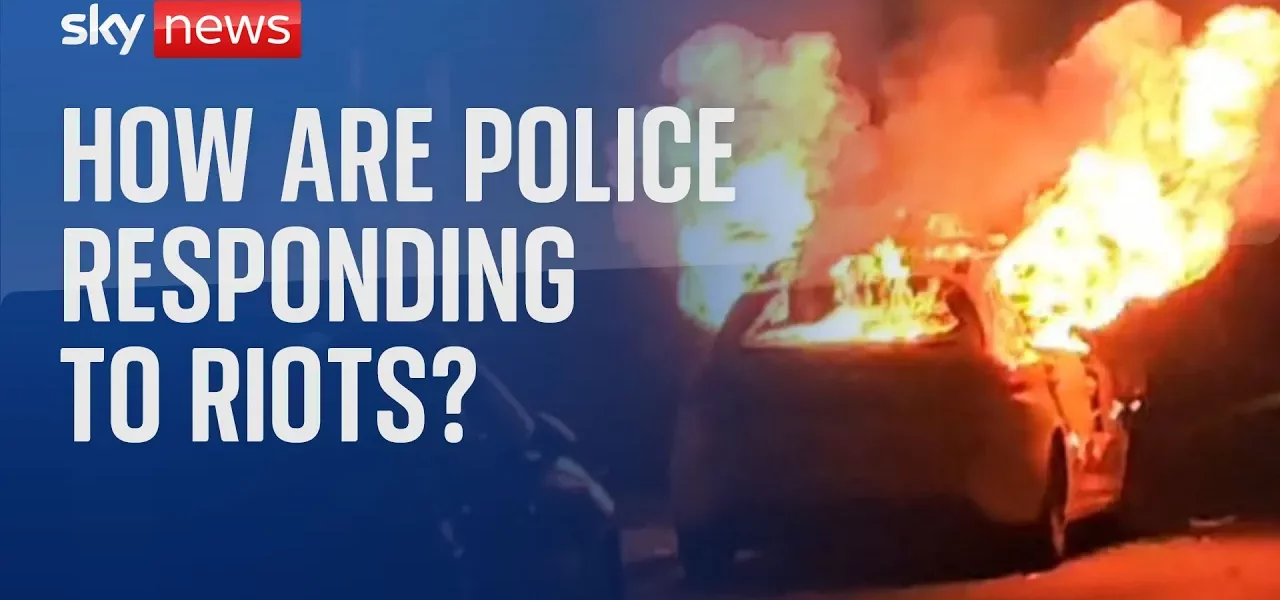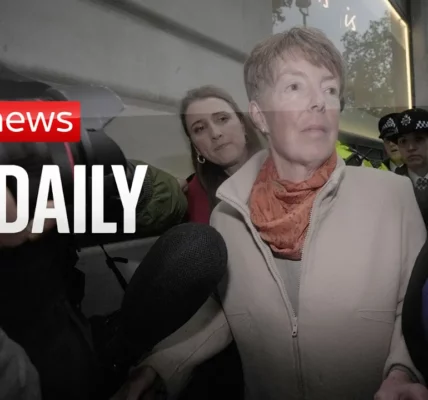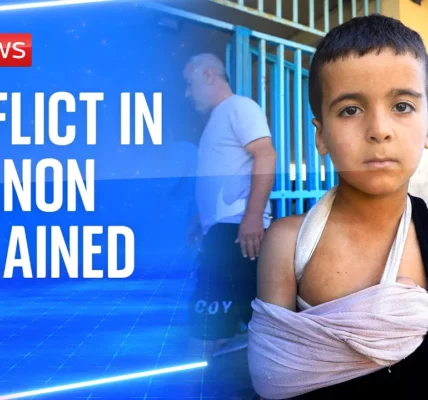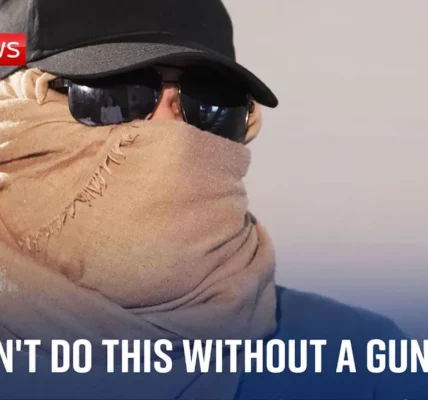Plymouth Street Battles: A Comprehensive Analysis of Recent Unrest

This article delves into the recent street battles in Plymouth, exploring the police response, the broader implications for community safety, and the potential for similar unrest in other towns and cities across the UK.
Introduction
The recent street battles witnessed in Plymouth have raised significant concerns regarding public safety and community cohesion. With police anticipating similar gatherings in various towns and cities, the situation has escalated into a national issue. This article will analyze the police’s preparedness, the underlying motivations behind the unrest, and the implications for community relations across the UK.
Understanding the Current Unrest
The events in Plymouth are not isolated; they are part of a larger trend of civil unrest that has emerged in various regions of the UK. Reports indicate that police are preparing for multiple planned gatherings, signaling a potential for further disorder.
Police Preparedness
In response to the growing unrest, police forces across different regions have united to manage the situation effectively. A total of 150 officers were deployed to Plymouth, including personnel from neighboring counties such as Somerset, Wiltshire, and Dorset. The collaborative effort is crucial in ensuring public safety and maintaining order during these volatile gatherings.
Current Statistics
Since the commencement of the rioting last week, there have been over 400 arrests. This alarming statistic highlights the extent of the unrest and the urgent need for comprehensive policing strategies to prevent further escalation.
Motivations Behind the Unrest
The motives driving these street battles are complex and multifaceted. Understanding these motivations is essential in addressing the root causes of the unrest.
Anti-Migrant Sentiments
One of the primary drivers of the unrest appears to be anti-migrant sentiment, as evidenced by the recent riots in Belfast. The police have acknowledged the presence of a paramilitary element, suggesting that some of the unrest may be orchestrated by organized groups.
Acts of Terrorism
Former police counter-terrorism officials have characterized some of the actions taken during the riots as acts of terrorism. For instance, the attack on a hotel housing asylum seekers in Rotherham has been described as a targeted attack motivated by hatred.
- Targeting vulnerable communities
- Mobilizing groups through social media platforms
- Spreading misinformation to incite unrest
The Role of Social Media
Social media has played a pivotal role in both the organization of protests and the spread of misinformation. The influence of prominent figures on platforms like Twitter can exacerbate tensions and promote divisive narratives.
Elon Musk’s Impact
Recent comments by Elon Musk regarding UK policing methods and civil unrest have drawn significant attention. His assertion that a civil war is inevitable has been criticized by local leaders, who emphasize the strength and unity of their communities.
Combating Misinformation
Addressing the spread of false information is crucial in mitigating tensions. Community leaders and police have met to discuss strategies for countering misinformation and fostering a more accurate understanding of the events taking place.
Community Responses and Future Outlook
In the face of rising tensions, communities are urged to come together to address the challenges posed by unrest. It is vital to foster dialogue and understanding among diverse groups.
Collaborative Efforts
Community leaders are working with police to reassure residents and present a united front against hate and violence. This collaboration is essential for maintaining peace and promoting community cohesion.
Future Policing Strategies
As the situation develops, an additional 2,200 riot-trained officers are being deployed across the country to prepare for any future unrest. This proactive approach aims to ensure public safety while respecting the right to protest.
Conclusion
The recent street battles in Plymouth serve as a stark reminder of the fragility of community relations in the face of unrest. As police prepare for potential future gatherings, it is crucial for communities to unite against hatred and misinformation. By fostering dialogue and collaboration, we can work towards a more peaceful society. We encourage readers to stay informed and engaged in community initiatives aimed at promoting safety and understanding among all residents.
“`




